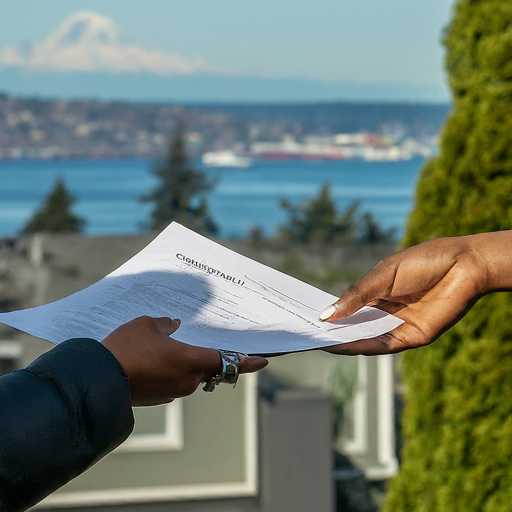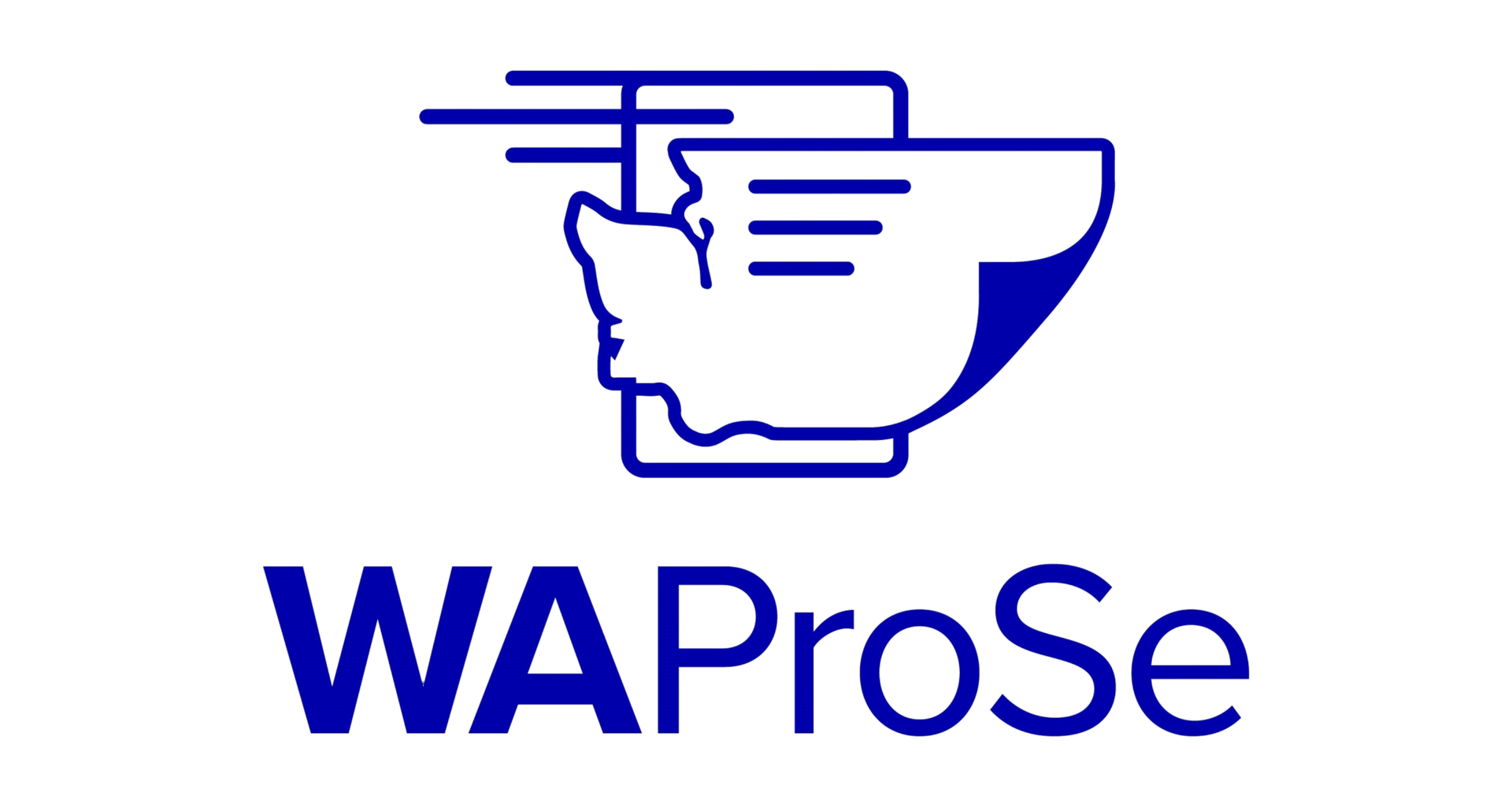Understanding Legal Service of Papers in WA: Do You Have to Physically Touch the Documents?
Served by Process Server.. Touch Legal Papers, or No?

When it comes to legal proceedings, one of the fundamental steps is carried out by a process server. Service of process is the procedure by which a party is formally notified of legal actions taken against them, ensuring they have the opportunity to respond. A common question that arises in this context is whether a person must physically touch the legal papers for service of process to be considered complete. The answer varies by jurisdiction, and in Washington state, physical contact with the documents is not a requirement for proper service. Proper service of process is crucial for upholding the due process rights of all parties involved.
Washington State’s Approach to Service of Process
In Washington state, the rules governing service of process are outlined in the Washington State Court Rules. According to these rules, physical touch or direct receipt of the documents is not a requirement for service of process to be considered valid. Instead, the focus is on whether the documents have been delivered in a manner that meets legal standards and ensures the recipient is reasonably notified.
Key Methods of Service in Washington State:
- Personal Service: This involves delivering the documents to the individual named in the legal action. If someone refuses to accept the documents when the process server is in front of them, personal service is still possible. A process server can leave the court documents at your feet if you refuse to accept them in hand. The server must verbally state they are leaving the documents.
- Substitute Service: If personal service is not feasible, documents could be left with another competent person who resides at the home. This person must be of suitable age and discretion, meaning they are capable of understanding the importance of the documents. As mentioned above, service is still possible if the co-occupant does not physically touch the papers.
- Service by Mail: In some cases, service can be completed by sending the documents via first class, registered or certified mail, with a return receipt requested. This method provides evidence of delivery without requiring physical contact from the recipient.
- Service by Publication: If the defendant’s whereabouts are unknown and other methods have failed, service by publication may be used. This involves publishing a notice in a newspaper or other designated publication, which can be sufficient for completing service when the defendant cannot be located.
- Electronic Service: Typically serving someone by email requires a court order.
Why Physical Contact is Not Required
The law seeks to balance the need for effective notice with practical considerations. As long as the service method used is reasonably likely to inform the recipient of the action, it is deemed sufficient.
For example, if a process server leaves documents at a person's home with a suitable co-resident, as long as the type of document allows substitute service, the service is considered complete even if the intended recipient did not personally handle the papers.
Importance of Following State-Specific Rules
It is important to note that while Washington state has specific rules regarding service of process, other states may have different requirements. Each jurisdiction sets its own guidelines, which can include varying standards for physical contact, methods of delivery, and proof of service. Therefore, it is crucial to consult local rules and regulations to ensure compliance with the applicable requirements. If a non-Washington document is being served in Washington, typically, the service rules of the state of origin must be followed.
Conclusion
In Washington, you do not have to physically touch legal documents for service of process to be considered complete. The essential requirement is that the documents are delivered in a manner that reasonably notifies the recipient of the legal action. This flexible approach helps accommodate various circumstances and ensures that due process is upheld. As always, it is important to follow the specific rules and guidelines of the document's state of origin to ensure that the service of process is valid and effective.
If you have been "drop served" and need to serve your response properly, WA Pro Se private process servers are standing by to help.
The contents of this article are for general information purposes only and do not constitute legal advice.












